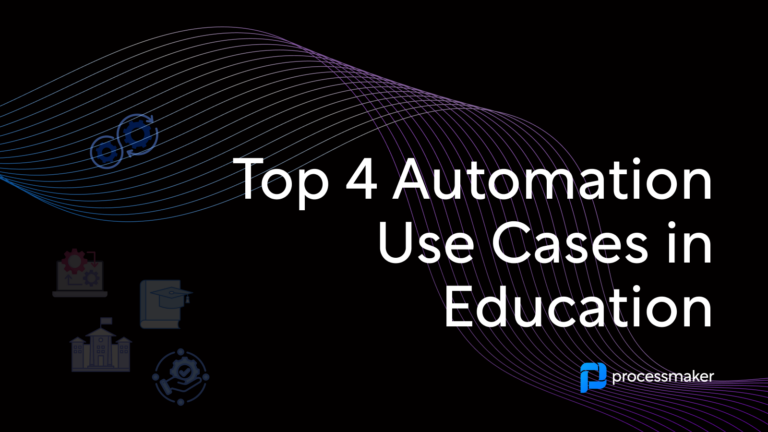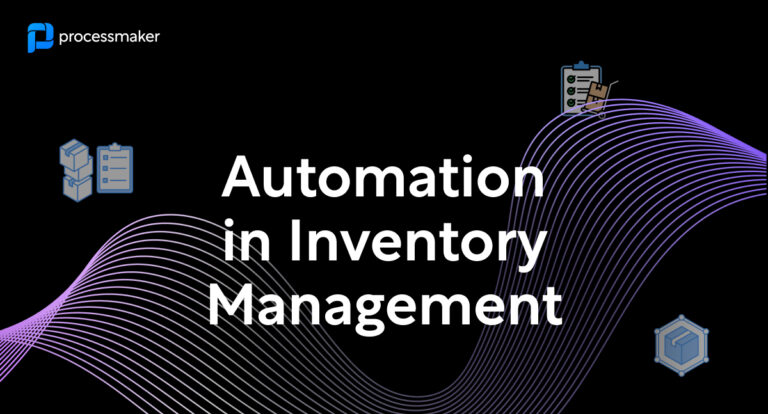Over half of businesses in India will deploy intelligent automation within the next few years, finds a recent report by the International Data Corporation (IDC).
In partnership with Automation Anywhere, the study found that intelligent automation (IA) is at the core of shoring up an organization’s resiliency against unexpected challenges like the current global pandemic. Many implications, like lean software development and the remote work trend, will remain permanent. In fact, 66% of Indian organizations plan to expand their work-from-home initiatives. The report, aptly titled “Building Business Resiliency: Automating the Path to the Future of Enterprise,” identifies four benefits of automation that Indian businesses will continue to explore post-pandemic:
Business resiliency
Does an organization position automation as the central cog in the machine that powers their entire operation? Automation is more than transferring a one-off task from the hands of a human over to a machine—it’s a system-wide framework. A business prepared to weather the next storm uses automation to bolster agility and enhance collaboration, even when workers report to their kitchen counters and other at-home workspaces. The study found that 57% of enterprises believe automation and RPA are the key to business continuity.
Efficiency and scalability
Tech-savvy organizations regard automation as one of the leading drivers of wide-scale efficiency. Businesses who experienced benefits of automation during the pandemic aren’t turning back—they’re expected to expand it into more areas of their operations. Analysts predict the adoption of robotic processes automation, one of the central technologies of IA, to grow by a staggering $44 billion by 2030. Organizations in India are not planning to take their time—“Building Business Resiliency” reveals that 40% plan to scale up RPA within the coming year alone.
Democratization of technology
In most sectors, the quality of an online customer experience marks the success of a modern product or service. This puts an unmanageable burden on traditional IT departments. Instead, businesses are spreading the workload by introducing low-code tools that replace the need for extensive programming knowledge. These new training opportunities are a compelling bonus for stellar employees, with 48% identifying them as key motivators.
An equal percentage cite bot collaboration as a top workplace benefit of automation, as it grants employees the ability to focus on more high-value work. Successfully future-proofing of an organization will include the expansion of bot pools, or “digital co-workers” that take on the burden of repeatable, rote tasks.
Trust and security
Sectors that carry highly sensitive information like financial data and personal health profiles have traditionally scoffed at the migration towards digital, citing increased cybersecurity risks. Advances in intelligent automation buck these hesitations. The technology has emerged as a leading way to meet regulatory compliance, assess risks, and safeguard consumer data, that professionals in India now rank trust and security as the number one objective for future automation initiatives.
Respondents believe these are the four areas of business that will define an organization as it emerges from the prevailing impact of COVID-19. What features of automation are most valuable for achieving these objectives?
- Easily customize service offerings by using modular architecture
- Auto-creation of machine learning models
- Opportunity to link with popular third-party apps and services
- Empowerment of citizen developers with low-code and no-code development tools
While RPA and intelligent automation lead the list, Indian enterprises are also folding other emerging technologies into their post-pandemic strategy. The power of big data analytics ranked as second most important with 21% of respondents chiming in, followed by machine learning at 7%.
Even prior to the COVID-19 pandemic, many analysts expected automation to serve a tremendous boon to industry, driving global adoption to over $5 trillion by 2025. The mid-pandemic findings by IDC and Automation Anywhere reveal an even stronger case for automated technology. In India, healthcare, financial services, life sciences, telecom—even government services—are increasing automation initiatives to cut costs and usher in a new era of productivity. There is aggressive room for expansion, as 73% of respondents admit that volumes of time-draining, rule-based tasks still mar their productivity; tasks that are most ripe for automation.
The pandemic accelerated the trend towards automation. So much so, that half of study respondents believe that 50–80% of work will continue to move to digital even as the pandemic subsides. While COVID-19 is only the most recent harbinger of digital transformation’s urgency, social turmoil, recessions, and mercurial customer preferences will always pose a threat to business continuity. Being prepared does not always mean having a precise plan in place for every outcome, but operating with agility so you can make continuous, “on-the-fly” changes to adapt to changing circumstances. No matter where in the world your organization is based, automation is a central ingredient when it comes to safeguarding the future of your operations.





